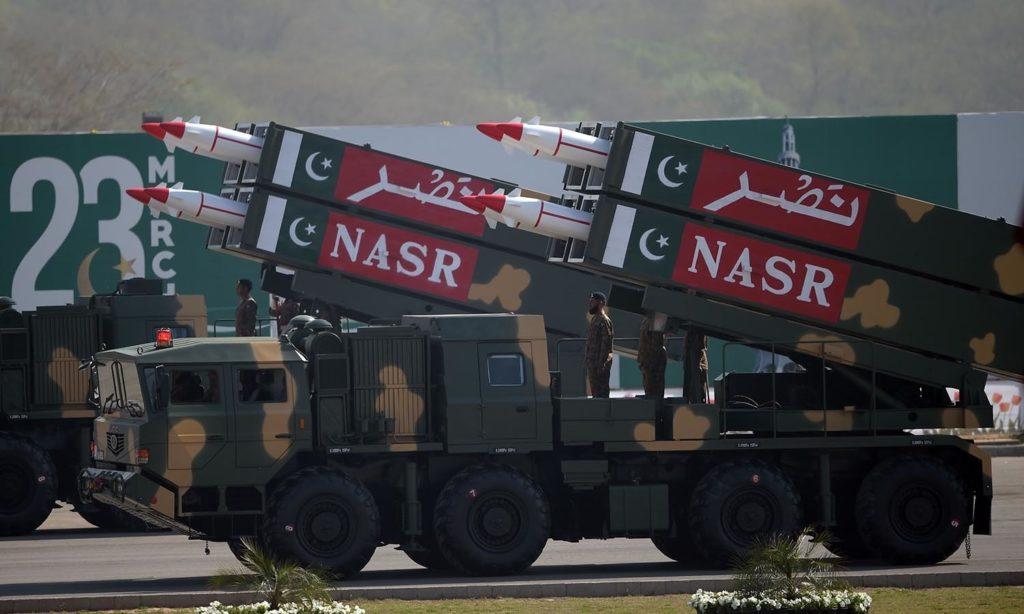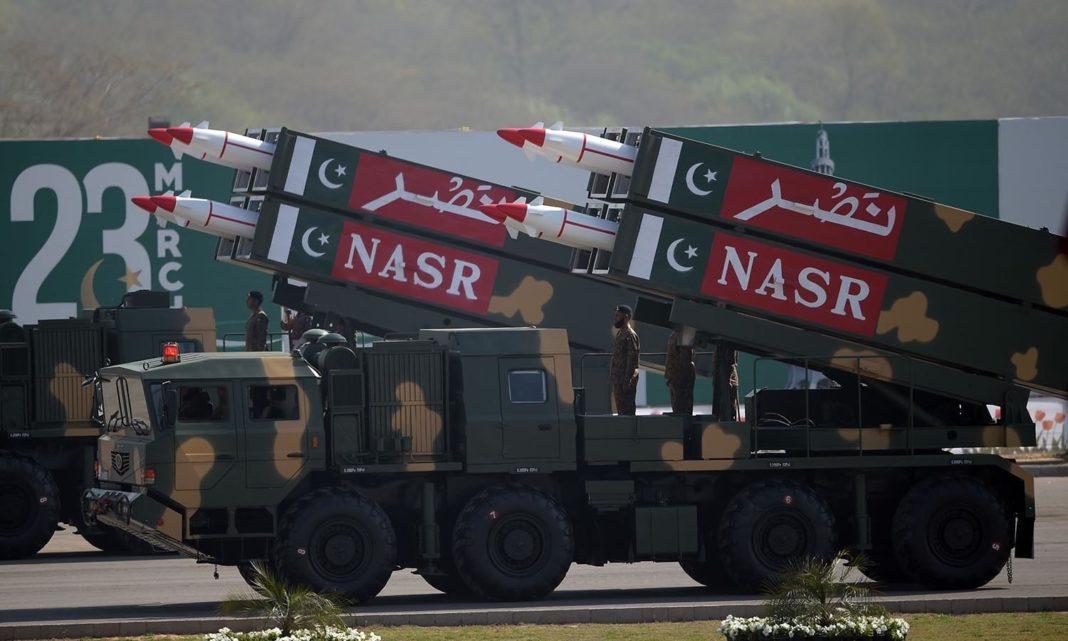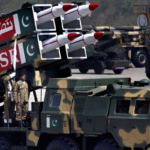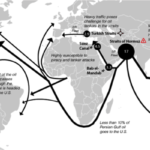Concept of deterrence was of pivotal importance during the peak era of Cold War. Though deterrence itself is an old classical concept as represented by words of Lawrence Freedman as ‘’I exist, therefore I deter,’’ however, this concept achieved focus after the beginning of nuclear arms race between both hegemons, United States and Soviet Union. Theories of deterrence formulated in that era were focused primarily on nuclear weapons. Later, once both adversaries decided to modernize their conventional forces once they realized that nuclear weapons were not solution of every problem, thus splitting the concept into two branches, nuclear deterrence & conventional deterrence. Theories related to nuclear deterrence successfully fulfilled their goals, as both super powers despite engaging in several regional conflicts indirectly, avoided all out nuclear war hence preventing nuclear holocaust. The collapse of Soviet Union saw a major decline in research work related to nuclear deterrence as threats needing to be deterred was extinct and other complex security issues of different scale were raising heads. The first Gulf war in 1991 against Saddam Hussain practically demonstrated the efficiency & lethality of advance conventional forces, shifting attention of researchers towards concept of Conventional deterrence.
As per Colin S. Gray, “Deterrence is a condition in which a deterre-the object of deterrent menaces-chooses not to behave in ways which he would otherwise have chosen to behave, because he believes that consequences would be intolerable.” Since deterrence is directly bound with concepts of war & conflicts, in most cases such undesirable actions are considered as armed aggression by one state against another. If a state is deterring an antagonist by giving threat of use of nuclear weapons, then its nuclear deterrence, and if a state is relying on its overwhelming superiority in conventional forces to deter the hostile challenger, then it is termed as conventional deterrence.
In the global geopolitical system, where major powers tend to explore more opportunities for securing their interests, raising of advance defense & offense capabilities and formation of alliance with other states with similar interests is key aspect. Smaller states serve as a catalyzing source for projection of interests of major powers, in return major powers take responsibility of security of those small nations; at least in general cases. This behavior was practiced during the Cold war when United States protected smaller European states from Soviet aggression by raising off shore bases and deploying strategic assets in Europe. This split up the concept of deterrence into two further categories as central deterrence, in which a state deters an adversary from conducting undesirable actions against its mainland by threatening intolerable damage against that adversary, and extended deterrence, in which a state deters an adversary from conducting undesirable actions against its allies by threatening intolerable damage against that adversary.
In contemporary era, rise of non-state actors based threats, which cannot be deterred according to principles of classical concept of deterrence, have considerable undermined the previous research on this subject. Deterrence works when the adversary knows that the risk of loss is much greater than the achievement of objective. Non-state actors do not have anything valuable to lose so they are hard to deter. Current security environment is shaped by militant based threats, which are countered by advancement in conventional capabilities particularly those in association with counter insurgency operations (COIN Ops), intelligence based operations (IBOs), capability to operate in urban, forest & mountainous terrains and induction of weapons, which can strike targets with pinpoint precision minimizing the collateral damage. These advancements in conventional capabilities have helped to counter & neutralize insurgency based militant threats. But the question still stands how to deter someone who cannot be deterred?

The Concept of Deterrence in Modern Proxy Warfare
Concept of deterrence was of pivotal importance during the peak era of Cold War. Though deterrence itself is an old classical concept as represented by words of Lawrence Freedman as ‘’I exist, therefore I deter,’’ however, this concept achieved focus after the beginning of nuclear arms race between both hegemons, United States and Soviet Union. Theories of dete…
Ahmad Ibrahim is a contributing analyst to CommandEleven on military strategy, tactics and operations. He has completed his MPhil in Strategic Studies from National Defense University in Islamabad.








